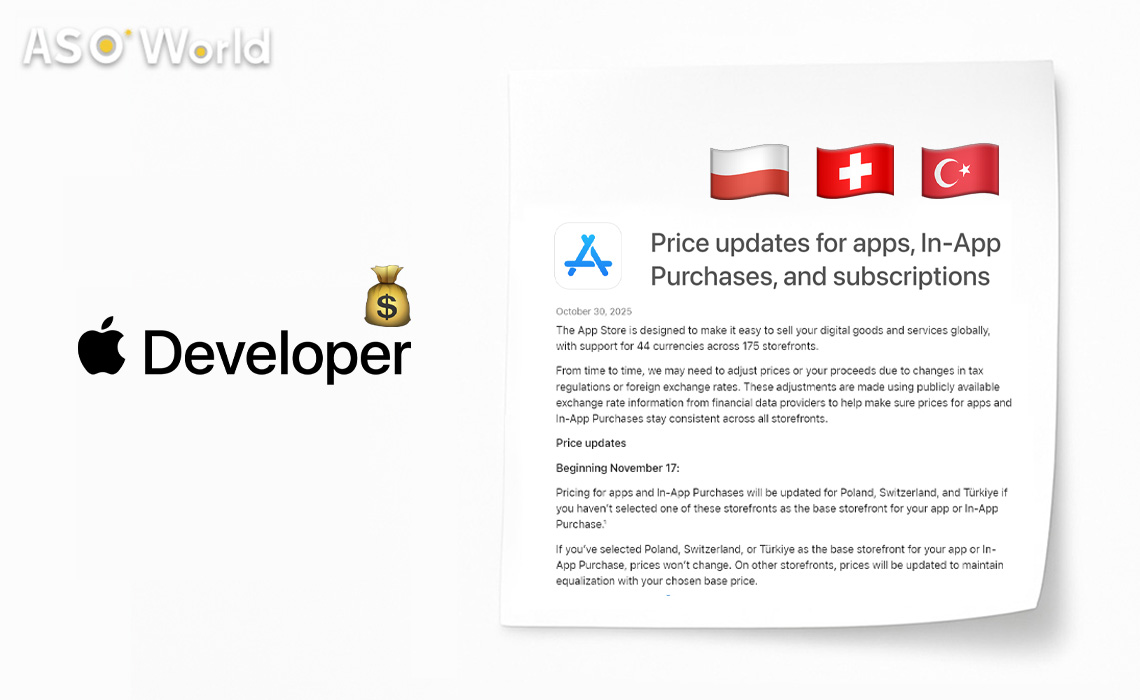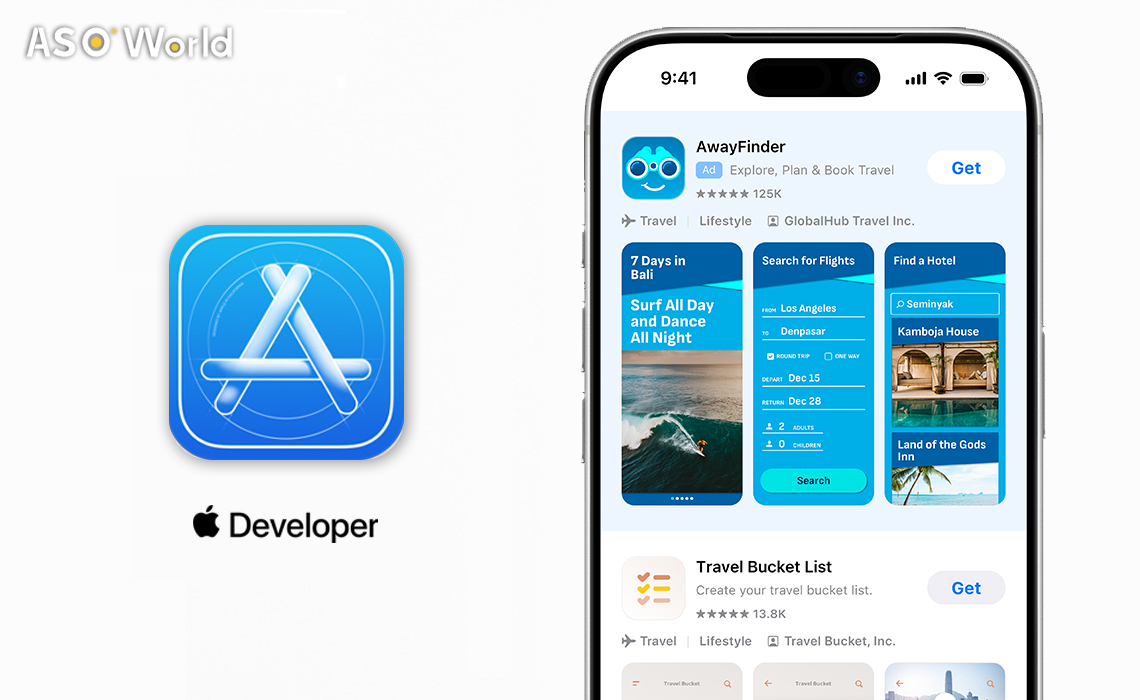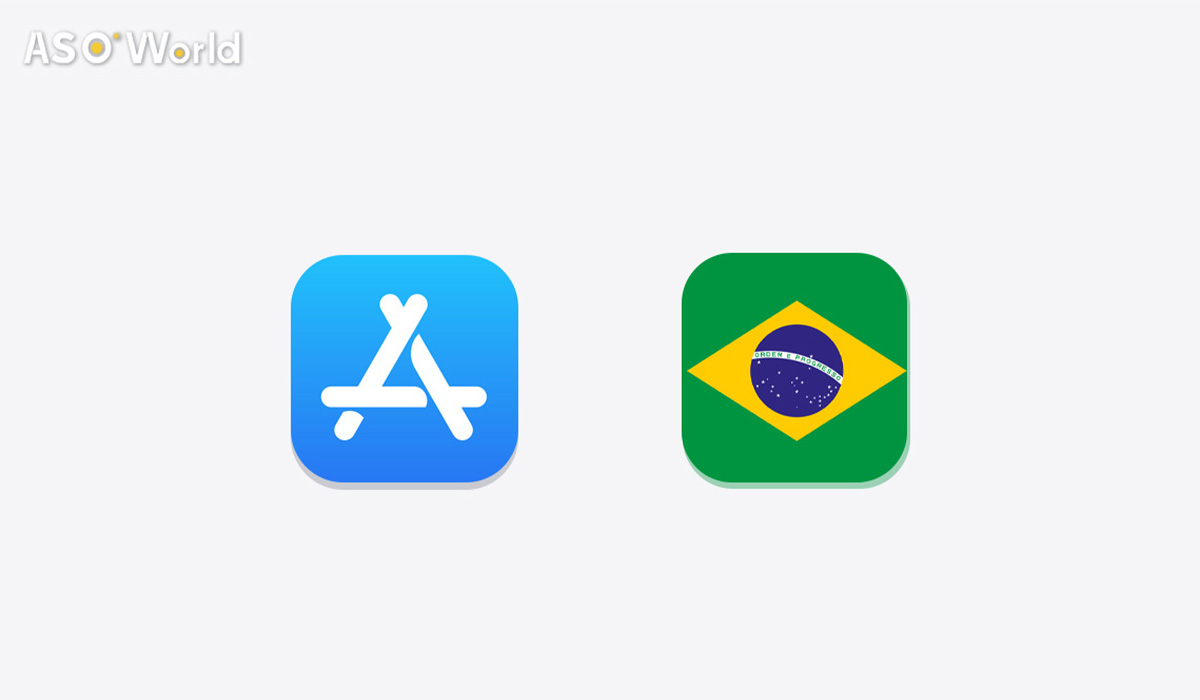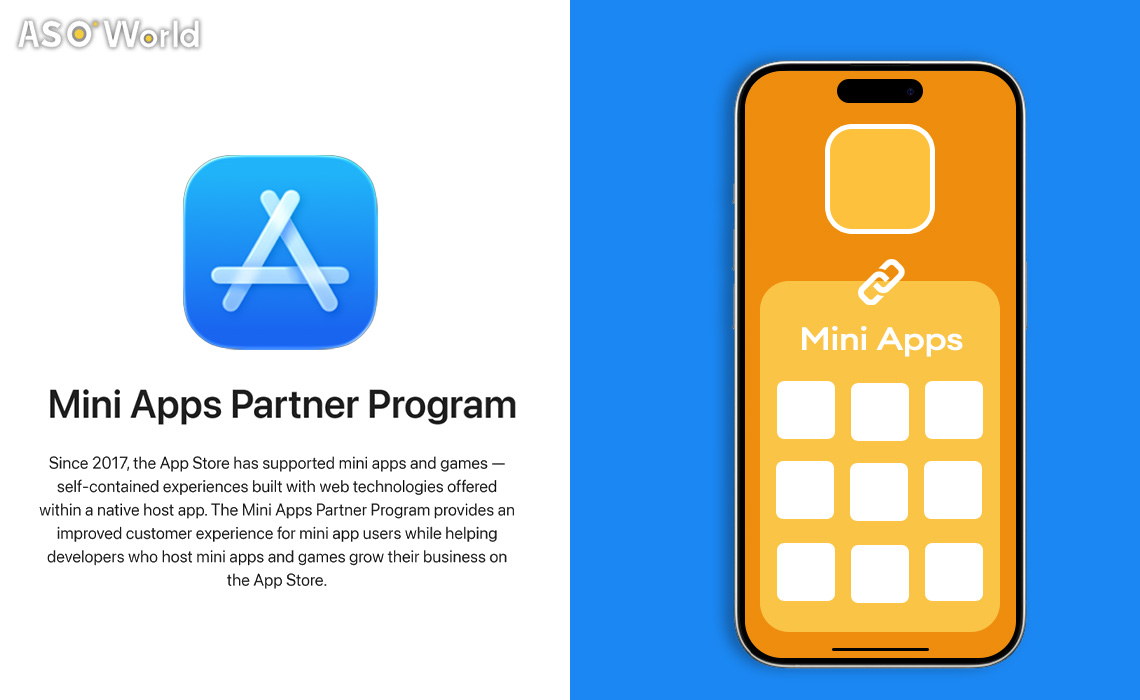Apple has notified developers that starting November 17, 2025, pricing for apps and in-app purchases (IAPs) will be updated in Poland, Switzerland and Türkiye unless the developer has chosen one of these storefronts as the base storefront. Subscriptions will not be affected.
Key Changes
Regional storefronts impacted
The price changes will apply in the Poland, Switzerland and Türkiye app-store storefronts for apps and IAPs if those storefronts are not set as the "base storefront" by the developer in App Store Connect.
What is excluded
Auto-renewable subscriptions are exempt from the update — their pricing will not change under this rule.
Also storefronts where the developer manually manages prices (rather than relying on automated equalised pricing) are unaffected.
Tools and visibility
A dedicated section in App Store Connect (“Pricing and Availability”) has been updated to display the upcoming changes, giving developers visibility into where and how pricing will shift.
Context and Broader Implications
Global pricing dynamics and currency exchange
Apple explains that changes in tax regulations and foreign-exchange rates can require the platform to adjust prices or proceeds so that pricing remains consistent across storefronts in different countries. This update is part of that continuing process.
Developer base-storefront strategy matters
Developers who have selected Poland, Switzerland or Türkiye as the base storefront for their app or IAP will avoid the automatic price update, meaning their pricing remains unchanged.
Those who used some other base storefront will see their prices adjusted in those three markets.
What this signals about monetisation strategy
Though this notice only covers three specific countries, developers should view it as a reminder that global storefront strategies matter.
Currency shifts, tax changes, store-region selections and whether subscriptions or other IAP types are involved all influence revenue outcomes.
Impact on Developers
Revenue and pricing planning
Developers with apps distributed in one or more of the affected storefronts need to review their base-storefront choice in App Store Connect.
If the base storefront is not one of the three listed, prices will shift — possibly affecting revenue and user-perceived value.
Developers may need to decide whether to set manual pricing or accept equalised automated pricing.
Subscription versus one-time purchase implications
The exemption for auto-renewable subscriptions offers stability for developers relying on recurring revenue.
It means fewer immediate changes for subscription-heavy apps, but those with significant one-time IAPs or consumables may see more movement in pricing.
Market-specific pricing strategy
For developers operating across multiple storefronts, this update reinforces that market-by-market pricing matters.
They may opt to treat Poland, Switzerland or Türkiye as base storefronts if they want to retain current pricing, or they might monitor whether adjusted prices help or harm conversion in those markets.
It may also signal that Apple will continue rolling such changes into more regions — making proactive pricing strategy more important.
What Developers Should Do Next?
Review base-storefront in App Store Connect
Developers should log into App Store Connect, check which storefront is set as the base for each app and IAP, and decide whether to change the base storefront ahead of the November 17 effective date.
Consider manual vs. automated pricing
If a developer has manually managed pricing for certain storefronts, those may remain unchanged, offering more control.
Conversely, relying on equalised prices may result in automatic adjustments outside the developer's direct control. Weighing these options is key.
Communicate with users if needed
If pricing changes occur, especially in user-facing markets like Poland or Türkiye, developers may want to include messaging or update marketing material to reflect changed pricing.
While auto-renewable subscriptions are safe, one-time purchases may require user awareness of new price points.
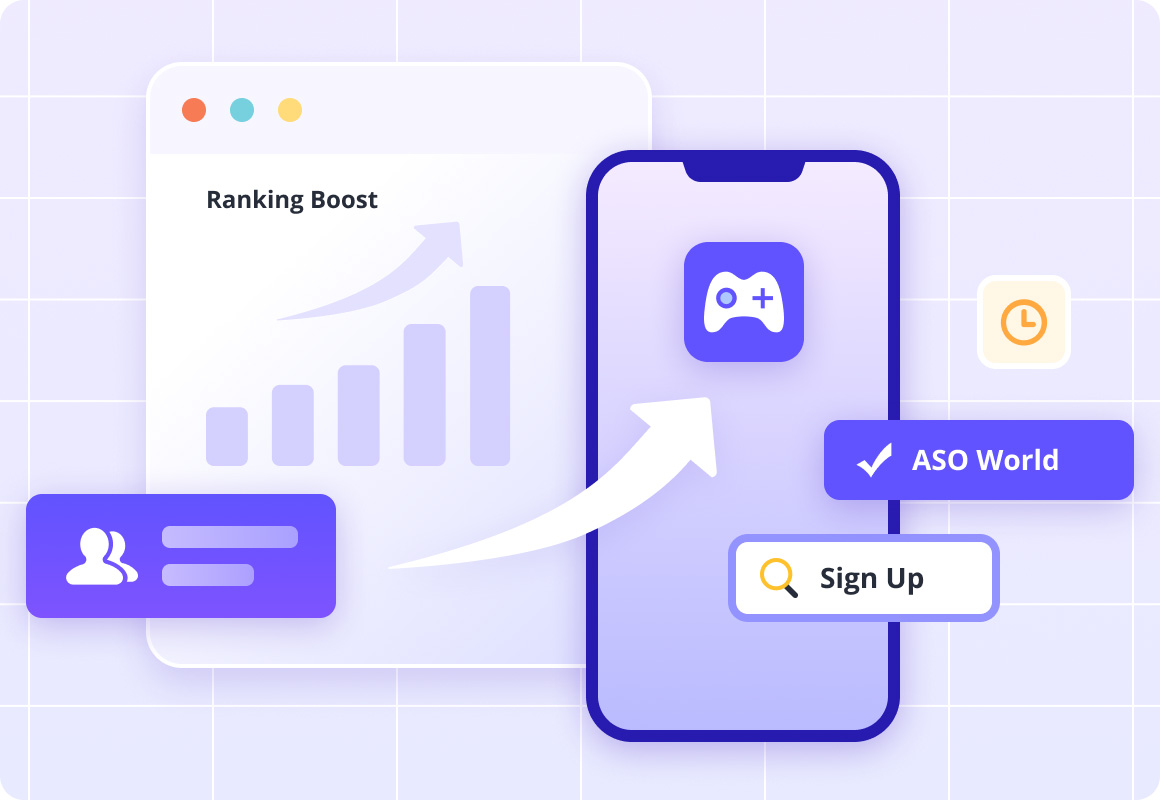
Editor's Comments
Apple's latest pricing adjustment highlights how regional economics continue to shape global app revenue. The change is minor in scope but signals the company's ongoing effort to align prices with exchange rates and tax shifts.
For developers, it's a timely reminder to review base-storefront settings and pricing strategies. Those relying on subscriptions gain short-term stability, while apps built around one-time purchases should monitor conversion and user sentiment as prices fluctuate.
